GLOJAS Hair Transplant is a leading hair clinic in Turkey, specializing in hair transplant, hairline & hair restoration. With over 26 years of experience, their expert surgeons are internationally recognized for delivering successful results. For the best hair transplant and hair restoration in Turkey, trust us.
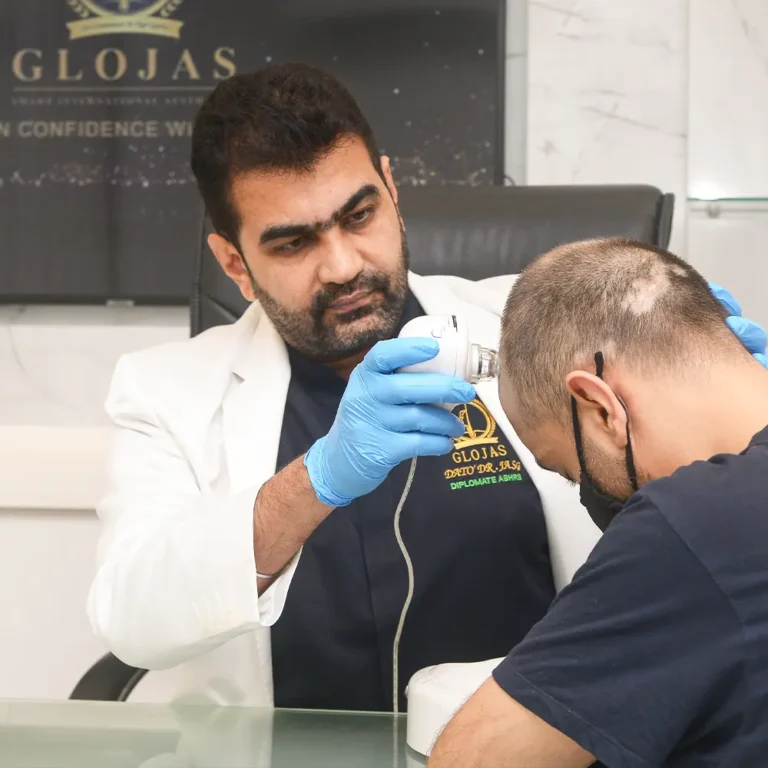
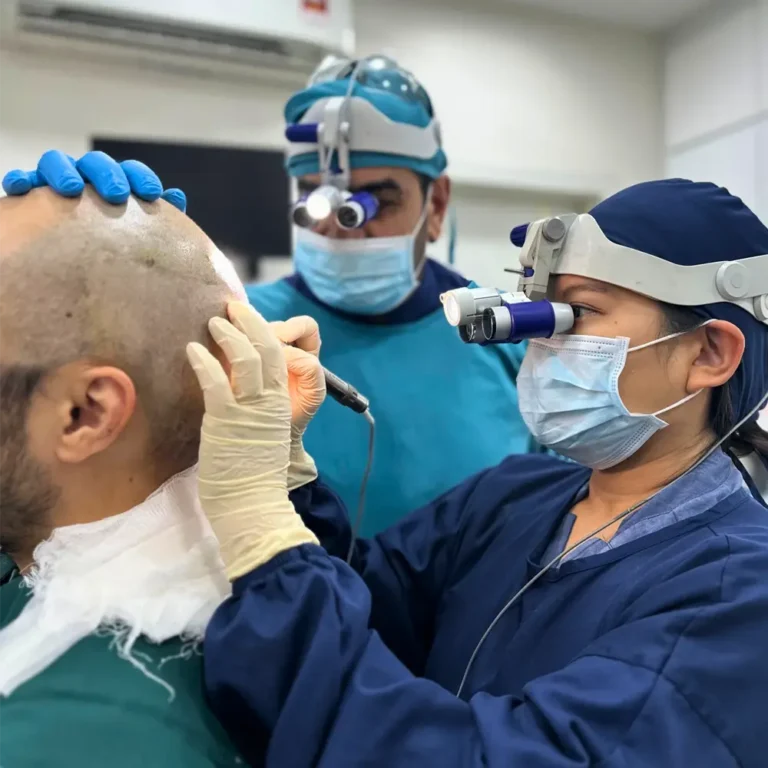
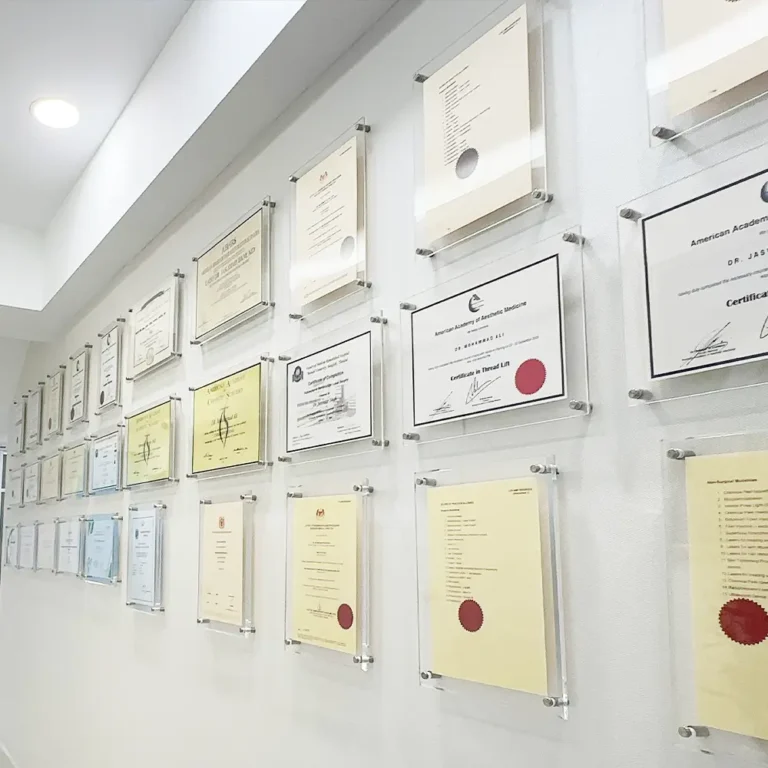
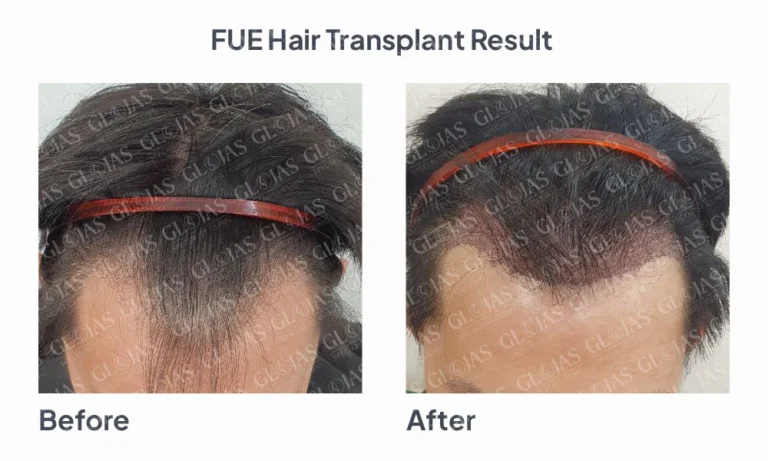
A hair transplant is a surgical procedure that involves moving hair follicles from one part of the body (usually the back or sides of the scalp) to a balding or thinning area. It is commonly used to treat male and female pattern baldness, hair loss due to injury, or other medical conditions.
Affordable Prices – The cost of a hair transplant in Turkey is significantly lower compared to the US and Europe, without compromising on quality.
Advanced Technology – Clinics utilize the latest techniques, including FUE (Follicular Unit Extraction) and DHI (Direct Hair Implantation).
Experienced Surgeons – Highly skilled professionals specialize in procedures such as hair implants in Turkey, hairline transplant Turkey, and hair plugs Turkey.
Comprehensive Packages – Many clinics offer all-inclusive deals covering accommodation, transportation, and post-operative care.
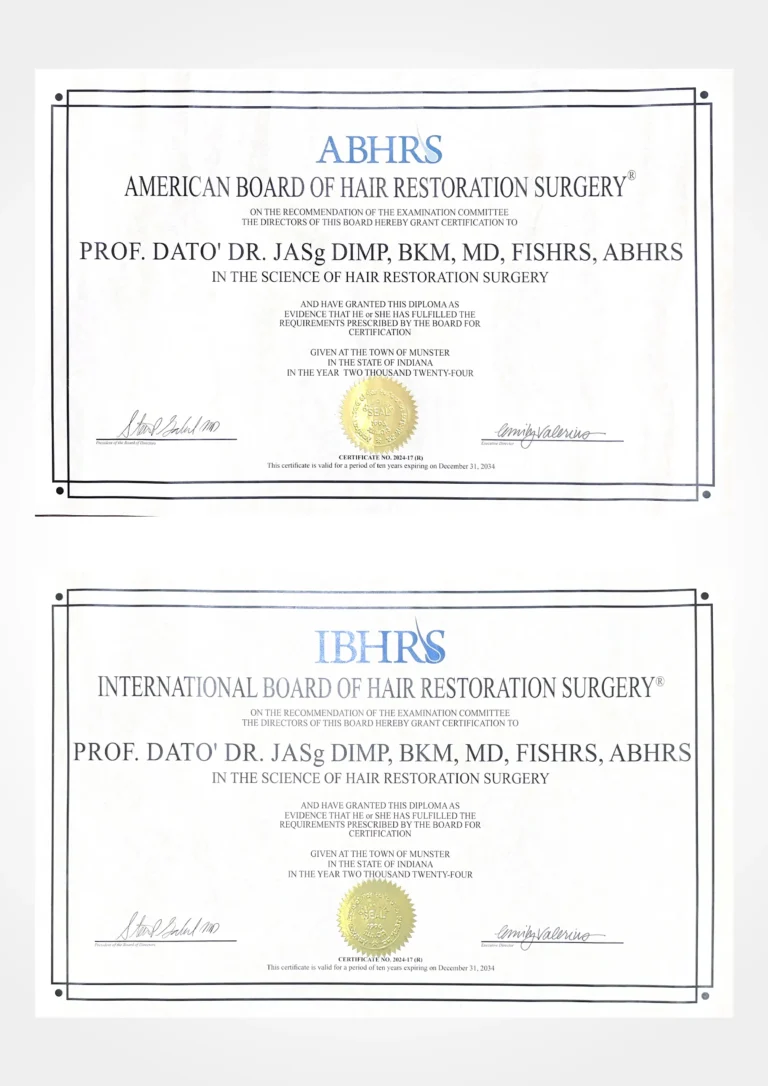


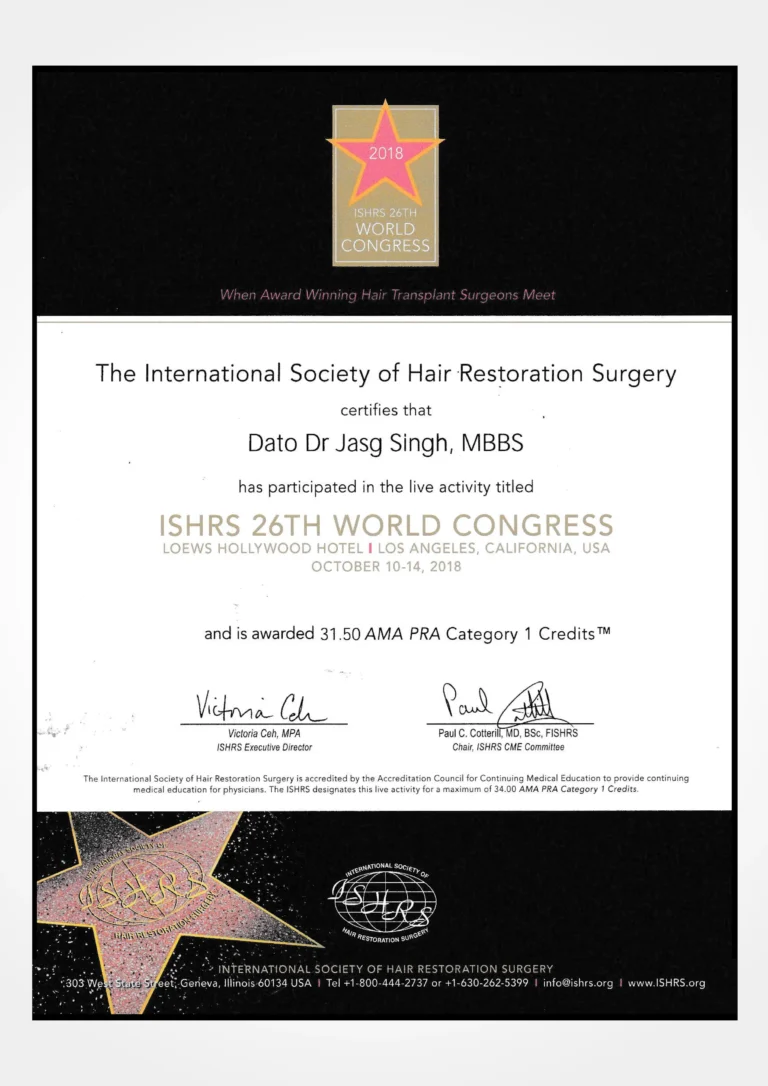
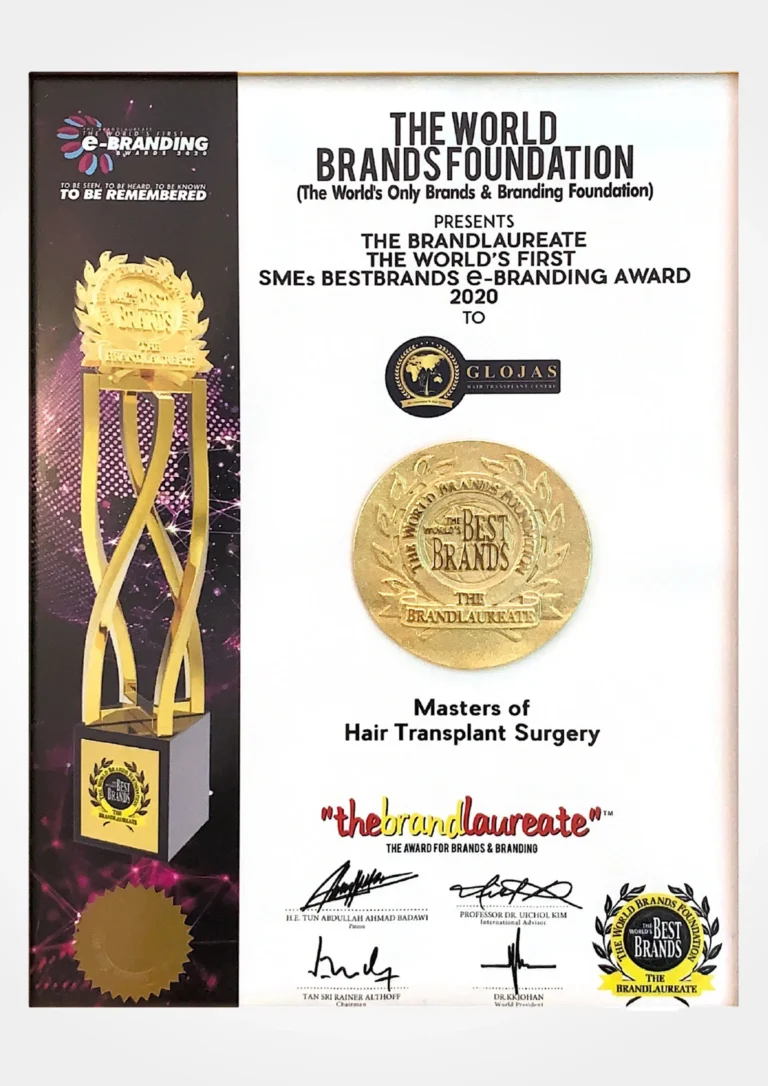





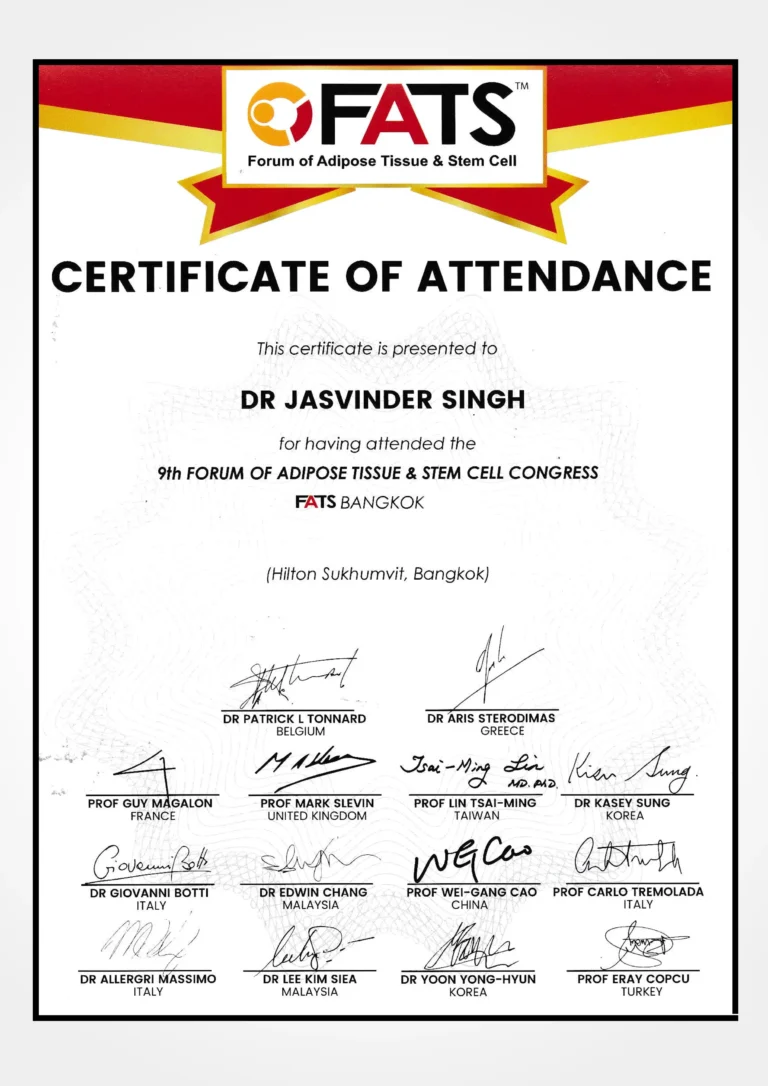
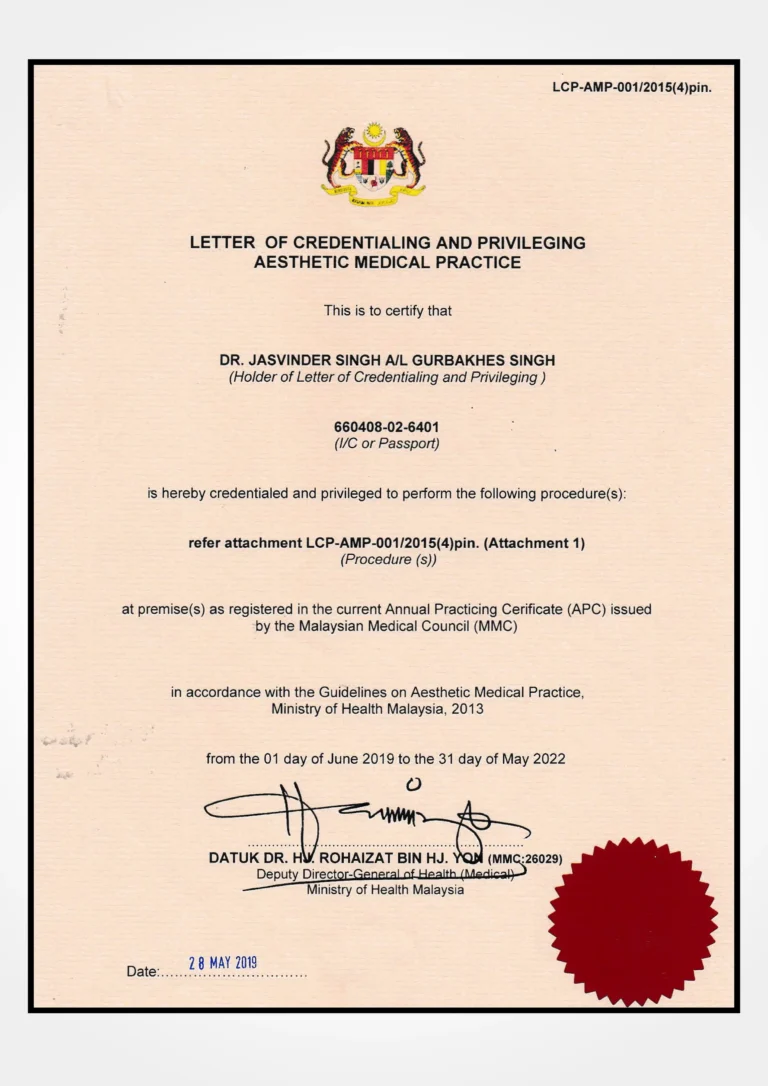
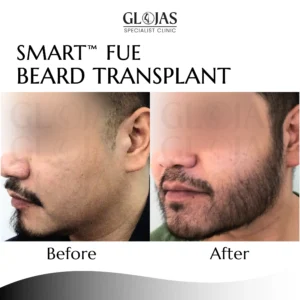
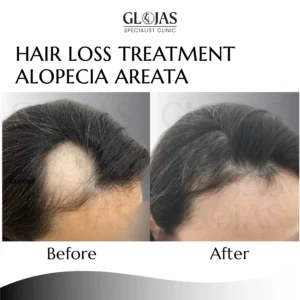
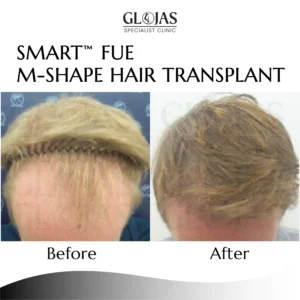
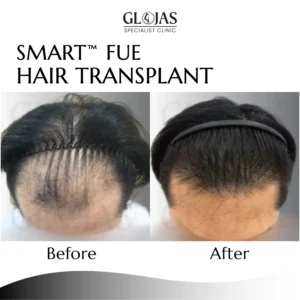
If you have undergone a previous hair transplant with unsatisfactory results in Turkey, we has some of the best specialists for hair transplant repair cases in Malaysia. Many top clinics offer corrective procedures to fix poor graft placement, unnatural hairlines, or low-density transplants. The expertise in hair replacement Turkey ensures that you get a second chance at achieving a natural and full-looking hairline.
Hair transplant is a treatment option for men or women concerned about thinning hair or baldness. It is cosmetic surgery that transfers hair from where it is thicker to hairless areas of the scalp. Multiple transplant sessions are usually needed and this can be expensive. However, results are usually good and are permanent. The goal is to achieve a natural-looking, permanent solution to hair loss.
| Technique | Description |
|---|---|
| SMART™ FUE | A refined version of the FUE (Follicular Unit Extraction) method that uses advanced technology for better precision, minimally invasive procedures, and faster recovery. |
| FUE | Follicular Unit Extraction is a hair transplant method where individual hair follicles are extracted from the donor area and implanted into thinning or bald areas. |
| FUT | Follicular Unit Transplantation involves removing a strip of skin from the donor area, dissecting it into individual hair follicles, and transplanting them into the recipient area. |
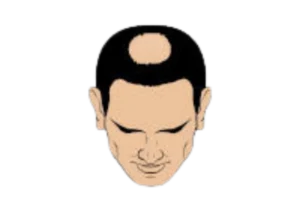

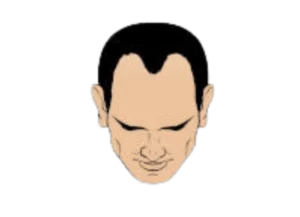
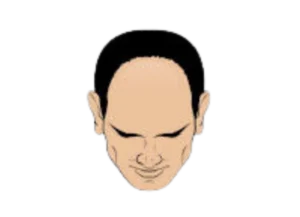
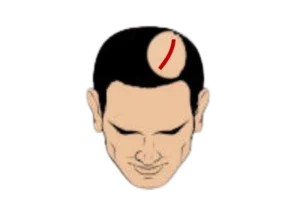
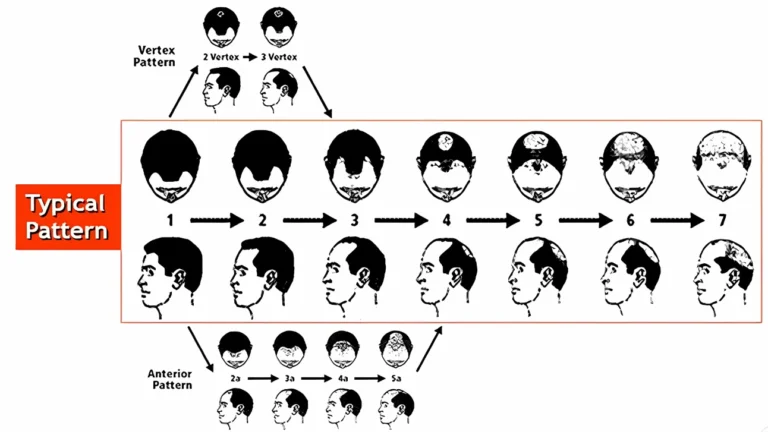
| Stage | Description | Hair Loss Pattern |
|---|---|---|
| I | Minimal or No Hair Loss | Small, minimal recession at the temples or no noticeable hair loss. |
| II | Mild Hair Loss | Receding hairline at the temples. |
| III | Moderate Hair Loss | Noticeable recession at the temples, forming an “M” shape. |
| IV | Advanced Hair Loss | Larger hair loss at the temples and crown, leaving a thin strip. |
| V | Severe Hair Loss | Further thinning of the front and crown, forming a wider bald spot. |
| VI | Very Severe Hair Loss | Significant hair loss at the front and crown, leaving a narrow strip of hair. |
| VII | Complete Hair Loss | Almost total hair loss, with a small rim of hair around the sides and back. |

If baldness runs in your family, you’re likely to experience hair loss as you age.

Pregnancy, menopause, or thyroid problems can interfere with hair growth and cause hair loss.

Some cancer, arthritis, and heart disease medications can cause temporary or permanent hair loss.

A lack of vitamins, minerals, or protein weakens hair and leads to thinning or shedding.

Autoimmune disorders, alopecia, or scalp infections can result in significant hair loss.

Sudden or severe stress can shock your body, leading to temporary hair shedding.
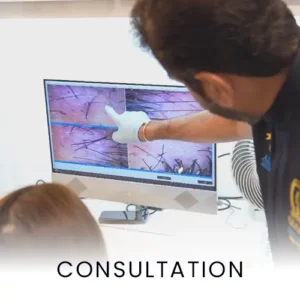
Consultation: The surgeon specialist evaluates your hair loss, scalp condition, and overall health. A personalised treatment plan is developed, including the number of grafts needed and the design of the hairline.
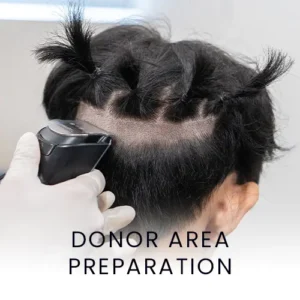
Hair Trimming: The donor area (usually the back of the scalp) is trimmed to facilitate the extraction process.
Anaesthesia: Local anaesthesia is administered to numb the donor and recipient areas.
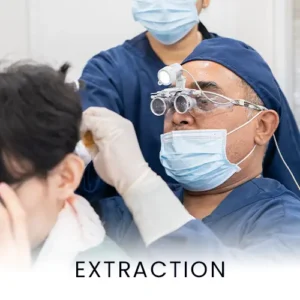
Follicle Extraction: Individual hair follicles are extracted from the donor area using a micro-punch tool. The Smart FUE technique involves the use of advanced devices that minimise damage to the follicles and surrounding tissue.
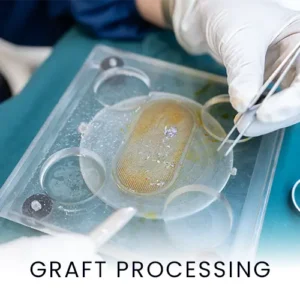
Graft Processing: Extracted follicles are meticulously sorted, counted, and carefully preserved in a specialized solution to maintain their viability, ensuring they remain healthy and ready for successful implantation.
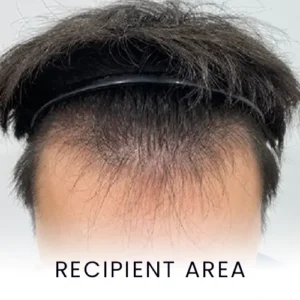
Recipient Area Preparation: Tiny, precise incisions are carefully made in the balding area to ensure optimal graft placement, proper density, and a natural hair growth direction, creating a seamless and realistic appearance.
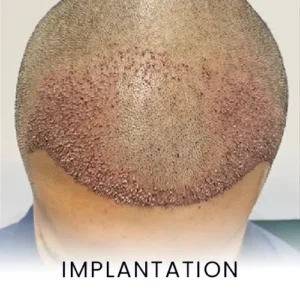
Graft Implantation: Hair follicles are carefully placed into the recipient area using precise angles and density to ensure natural growth, seamless blending, and optimal hair coverage.
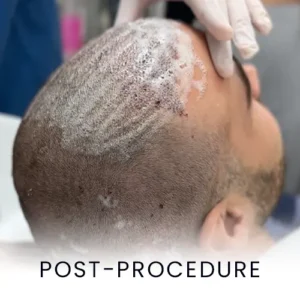
Post-Procedure Care: Proper aftercare is essential for healing and optimal hair growth. Follow prescribed medications, avoid touching the scalp, protect from sun exposure, and follow washing guidelines.
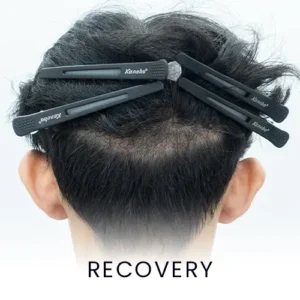
Recovery Care: Follow post-procedure guidelines, take prescribed medications, and avoid strenuous activities. Expect mild swelling and initial shedding before new hair growth begins.
| Benefit | Details |
|---|---|
| Effective Solution for Hair Loss | Hair transplant offers a permanent solution to hair loss, restoring natural hair growth and density. |
| Natural-Looking Results | A hairline transplant ensures a seamless and natural look by carefully placing grafts along the hairline. |
| Boosts Self-Confidence | Restoring a fuller head of hair through hair restoration can significantly improve self-esteem and confidence. |
| Long-Lasting Outcome | Hair restoration provides long-lasting results with natural, durable hair growth that requires minimal maintenance. |
| Customized Treatments | Personalized approaches for hairline transplant based on individual hair patterns and needs. |
| Non-Invasive Procedure | Hair transplant is minimally invasive, with minimal downtime and quick recovery compared to other treatments. |
| Permanent Results | Unlike temporary solutions, hair transplant provides permanent results, as the transplanted hair grows naturally. |
| Restores Hairline and Volume | Hairline transplant can restore receded hairlines, while general hair restoration improves overall hair volume. |
| Safe and Proven | Hair transplant is a safe, clinically proven procedure, performed by skilled professionals with high success rates. |
| Improved Quality of Life | Restoring hair through hair restoration can lead to a better quality of life, boosting social and professional interactions. |
Hair transplant is suitable for men and women who are experiencing:
Although the procedure is generally safe, some possible side effects include:
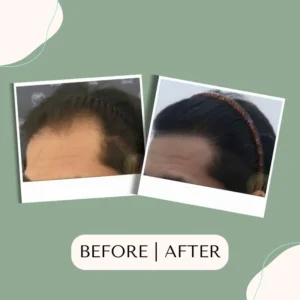
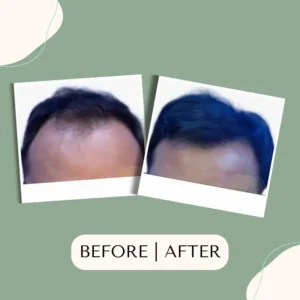
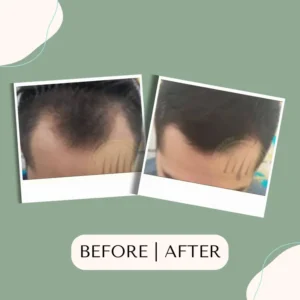
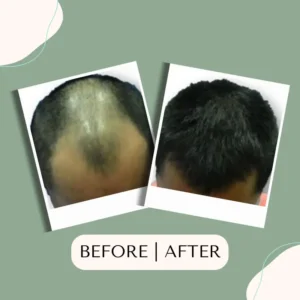
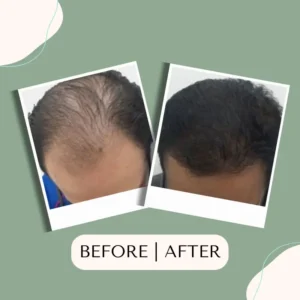
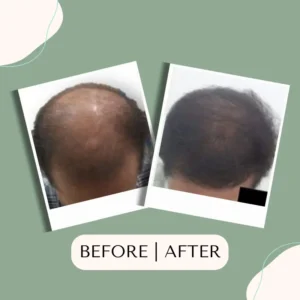
| Factor | Details |
|---|---|
| Typical Cost | $2,500 to $6,000 USD |
| Clinic and Surgeon | More established and experienced clinics and surgeons may charge higher prices. |
| Method | FUE (Follicular Unit Extraction) and DHI (Direct Hair Implantation) are common methods, and the cost varies depending on the chosen technique. |
| Number of Grafts | The more grafts needed, the higher the overall cost. |
| Location | Costs can vary slightly between cities like Istanbul, Antalya, and Ankara. |
| Packages | Some clinics offer packages that include flights, accommodation, and transportation, influencing the overall cost. |
GLOJAS Clinic is an LCP-certified, registered aesthetic clinic. All our doctors are highly qualified and experienced, ensuring that you receive the best care possible.
Our team of doctors and staff have undergone extensive training and possess significant experience in performing various procedures, ensuring the highest quality of care.
Our clinic's prime location in Sri Hartamas, Kuala Lumpur, ensures easy access for everyone. Whether by car or public transport, reaching us is convenient, allowing you to focus on your treatment in a comfortable setting.
Our clinic offers individual private rooms, allowing patients to enjoy their own space and privacy during treatments.